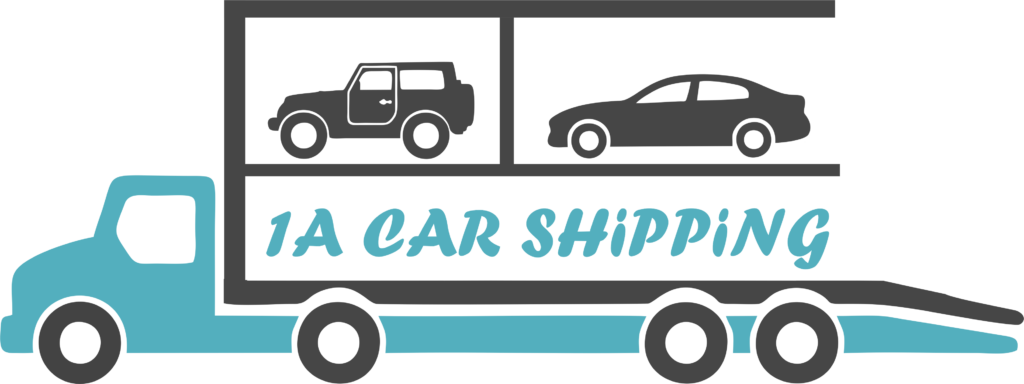Transporting vehicles from one place to another requires specialized insurance coverage policy to protect against potential risks and liabilities Auto Transport Insurance Requirements.
Whether you’re an individual shipping a personal car or a business moving a fleet of vehicles, understanding auto transport insurance requirements is crucial. This article delves into the intricacies of this topic, shedding light on the essential aspects you need to know.
Cargo Insurance: Protecting Your Valuable Freight
Cargo insurance is an indispensable component of auto transport coverage. It shields your vehicles from potential losses or damages sustained during transit, ensuring you’re not left financially vulnerable. The coverage typically includes protection against perils like collisions, theft, fire, and weather-related incidents. Car Shipping Company
- Comprehensive coverage: Safeguards against non-collision-related damages, such as theft, vandalism, or natural disasters.
- Collision coverage: Provides protection for damages resulting from collisions with other vehicles or objects.
4 Factors Influencing Insurance Costs
- Value and type of vehicles transported: High-value or specialized vehicles may require higher coverage limits, resulting in increased premiums.
- Transportation distance: Longer distances often correlate with higher risks and, consequently, higher insurance costs.
- Driving records and safety measures: Carriers with a history of accidents or inadequate safety protocols may face higher premiums.
- Deductibles and coverage limits: As mentioned earlier, lower deductibles and higher coverage limits will typically result in higher premiums.
Choosing the Right Insurance Provider – Auto Transport Insurance Requirements
Selecting the appropriate insurance provider is pivotal to ensuring comprehensive coverage and reliable protection. Consider the following factors when making your choice:
- Industry experience: Opt for providers specializing in auto transport insurance, as they understand the unique risks and challenges of the industry.
- Financial strength and stability: Review the provider’s financial ratings and ensure they have the capacity to meet their obligations in the event of large claims.
- Customer service and claims handling: Efficient and responsive customer service, especially during the claims process, can make a significant difference.
- Customization options: Look for providers that offer tailored coverage to meet your specific needs and requirements.
Compliance and Regulatory Requirements
Auto transport operators must comply with various state and federal regulations regarding insurance coverage. The Federal Motor Carrier Safety Administration (FMCSA) requires minimum liability coverage levels for commercial carriers transporting vehicles across state lines.
Additionally, some states may have specific requirements for intrastate transportation, necessitating familiarity with local regulations.
Risk Management and Loss Prevention Strategies
While insurance provides a financial safety net, implementing effective risk management and loss prevention strategies is equally crucial. These strategies can help mitigate potential risks, reduce the likelihood of claims, and ultimately lower insurance costs. Auto Transport Insurance
- Driver training and safety protocols: Ensuring drivers are properly trained and follow strict safety guidelines can significantly reduce the risk of accidents.
- Vehicle maintenance and inspections: Regular maintenance and inspections can identify potential even problems before they escalate, preventing breakdowns or accidents.
- Secure loading and transportation methods: Employing proper loading techniques and utilizing specialized equipment can minimize the risk of damage during transit.
- Tracking and monitoring systems: Implementing GPS tracking and monitoring systems can assist in cargo recovery efforts in case of theft and provide valuable data for risk assessment.
Auto Transport Insurance Requirements – Parting Words
Comprehensive auto transport insurance is a critical component for individuals and businesses carrying out the transportation of vehicles.
Remember, insurance requirements may vary depending on state regulations and the nature of your operations. Consulting with an experienced professional can help you tailor a policy that meets your specific needs and provides the necessary protection for your auto transport endeavors.

